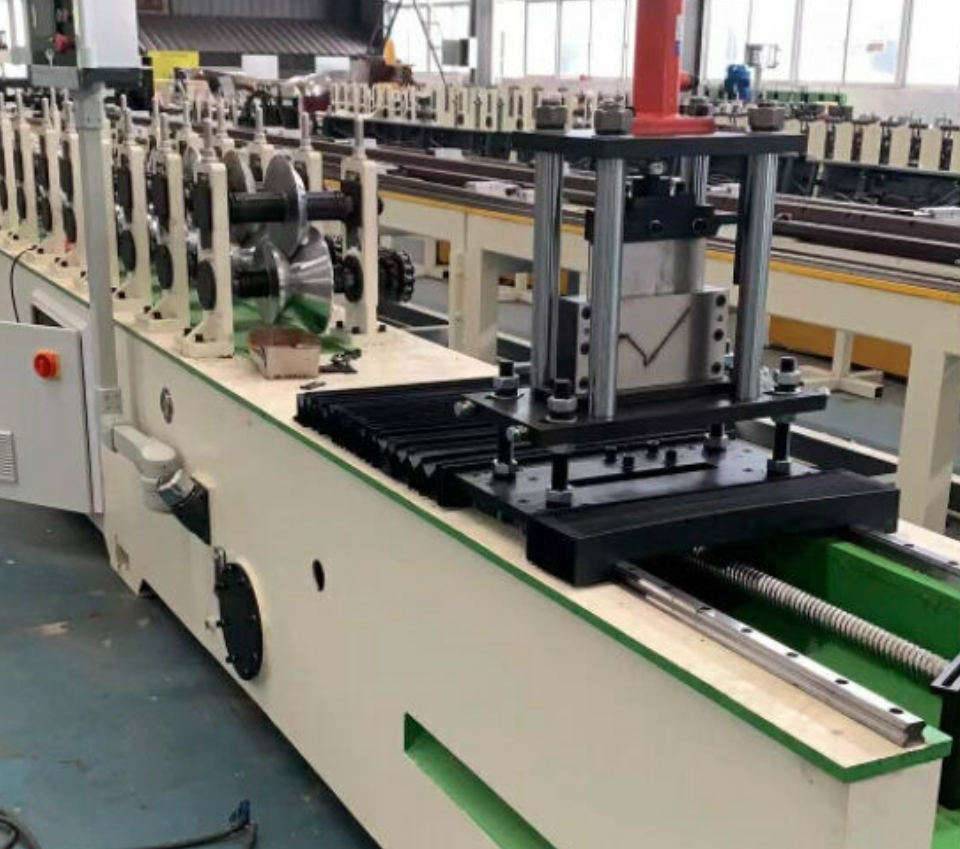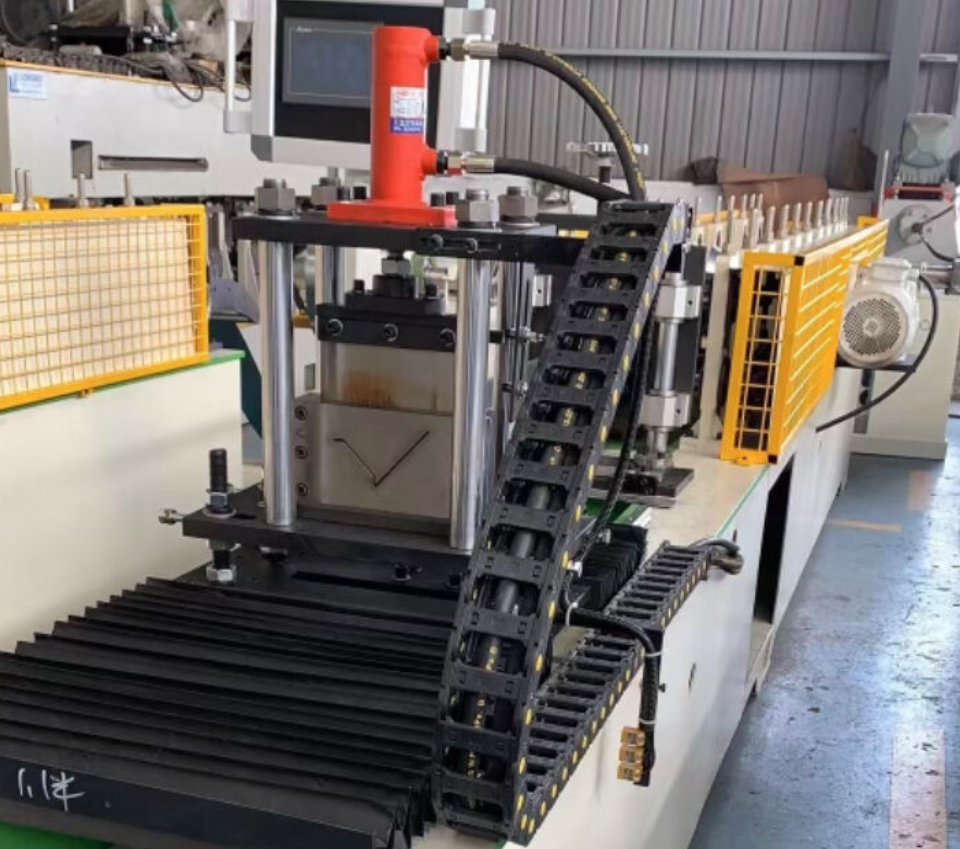To express an interest in this machine please submit the form below.

Not Sure What Machine You Need?
Select Your Profile, We'll Match It
Choose your desired profile drawing, and let Machine Matcher connect you with the best roll forming machine tailored to your needs.
Browse Profiles



Drip edge roll forming machines are essential for producing precise and durable drip edges—vital components used in roofing to protect the roof's edge and guide water away from the building’s structure. These machines automate the process of transforming metal coils into uniform drip edge profiles, ensuring efficiency, consistency, and durability in high-demand roofing applications. For buyers and businesses in Texas, where construction and roofing are booming industries, investing in a drip edge roll forming machine can enhance production capabilities and quality.
The specifications of a drip edge roll forming machine can vary depending on the manufacturer's design and customization options. Here are common specifications tailored to meet Texas industry standards:
The drip edge profile plays a critical role in Texas roofing, where structures are built to withstand both high heat and storm-related precipitation. Typical profile descriptions for Texas-focused machines include:
For versatility and efficiency, drip edge roll forming machines can be equipped with optional extras. Texas businesses may find these extras beneficial for handling large volumes and diverse materials:
Setting up a drip edge roll forming machine involves securing the machine, calibrating its components, and configuring the PLC controls for Texas roofing profile specifications. Installation is generally straightforward, and reputable suppliers provide on-site training for machine operators.
Maintaining a drip edge roll forming machine ensures its longevity and efficient operation. Key maintenance tasks include:
Q1: What are the main benefits of using a drip edge roll forming machine?
A: Drip edge roll forming machines offer high precision, speed, and consistency, which are essential for the Texas roofing market. They minimize waste and reduce labor costs by automating the production process, enhancing overall efficiency.
Q2: Can these machines be customized for specific profile sizes?
A: Yes, these machines can be customized to produce various drip edge profile sizes and materials, meeting the specific needs of Texas roofing projects.
Q3: Is the drip edge roll forming machine compatible with different metals?
A: Absolutely. The machine can handle various metals, including galvanized steel, aluminum, and copper, depending on project requirements and regional preferences in Texas.
Q4: How durable is the machine?
A: Built with high-quality steel and components, these machines are designed to be long-lasting and durable, suitable for the demanding Texas construction market.
Q5: What are the power requirements for this machine?
A: Power requirements typically range from 380V, three-phase, which is common in industrial settings. However, the exact power setup can be customized for compatibility with U.S. standards.
Q6: How does this machine help meet Texas construction regulations?
A: The machine produces accurate drip edges that meet industry standards, ensuring that the roofing components comply with Texas building codes and withstand harsh weather conditions.
Q7: What are the average production speeds?
A: Production speeds can vary based on the material and profile size but generally reach up to 15 meters per minute.
Q8: Can we automate the stacking process?
A: Yes, stackers and other automated handling systems are available as optional extras, helping to streamline the production line.
Drip edge roll forming machines are a strategic investment for Texas roofing businesses. They provide high-quality, durable, and consistent profiles essential for protecting roofing structures from Texas’s diverse weather conditions.
Copyright 2026 © Machine Matcher.